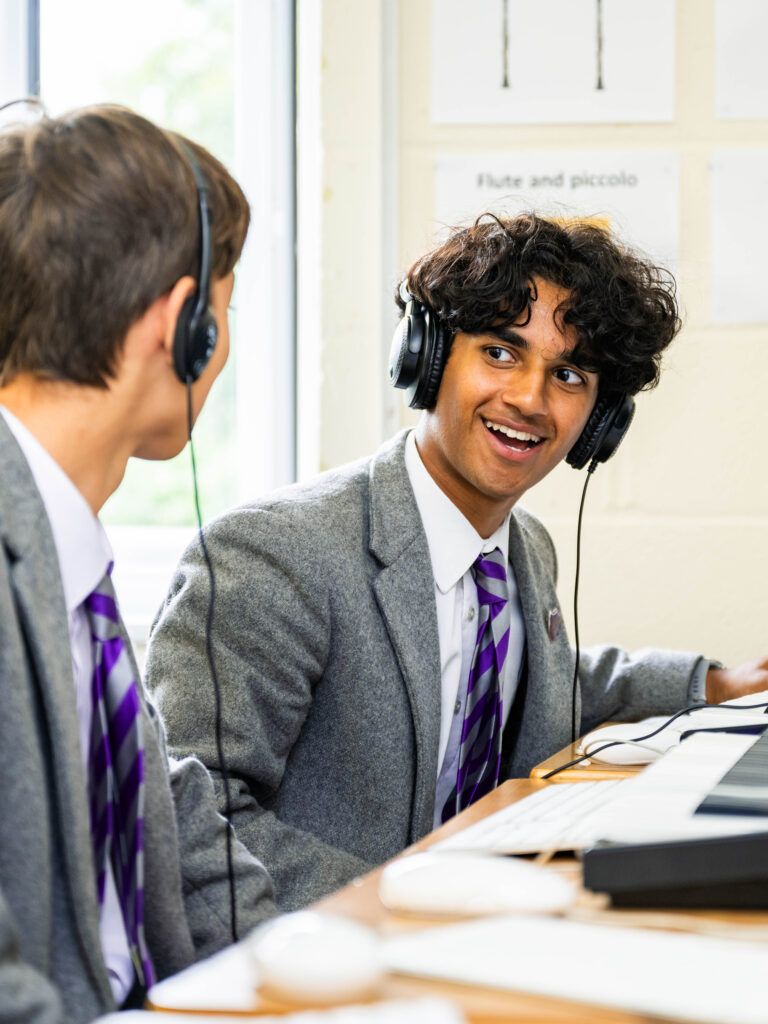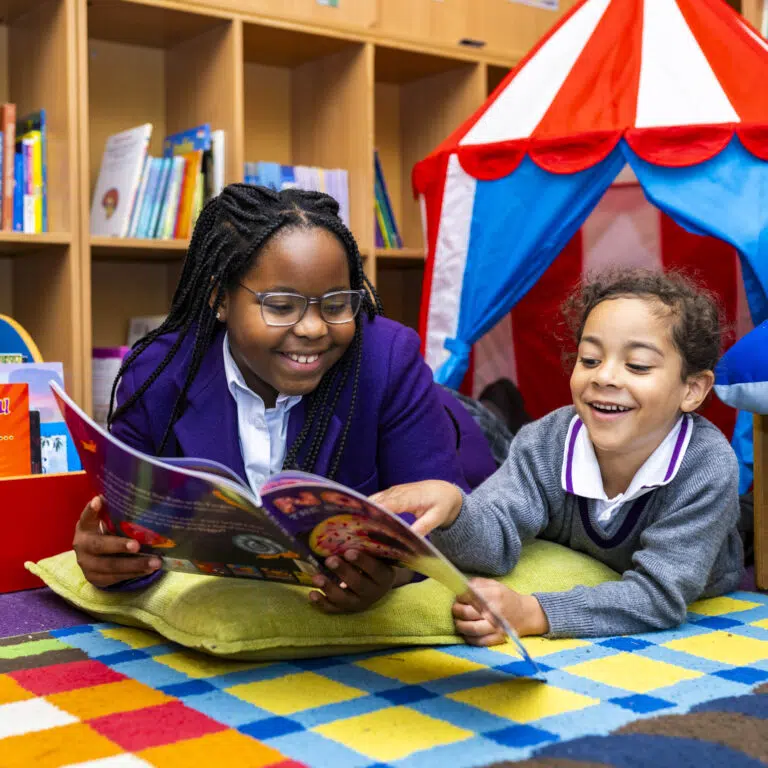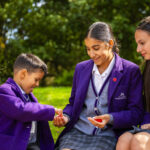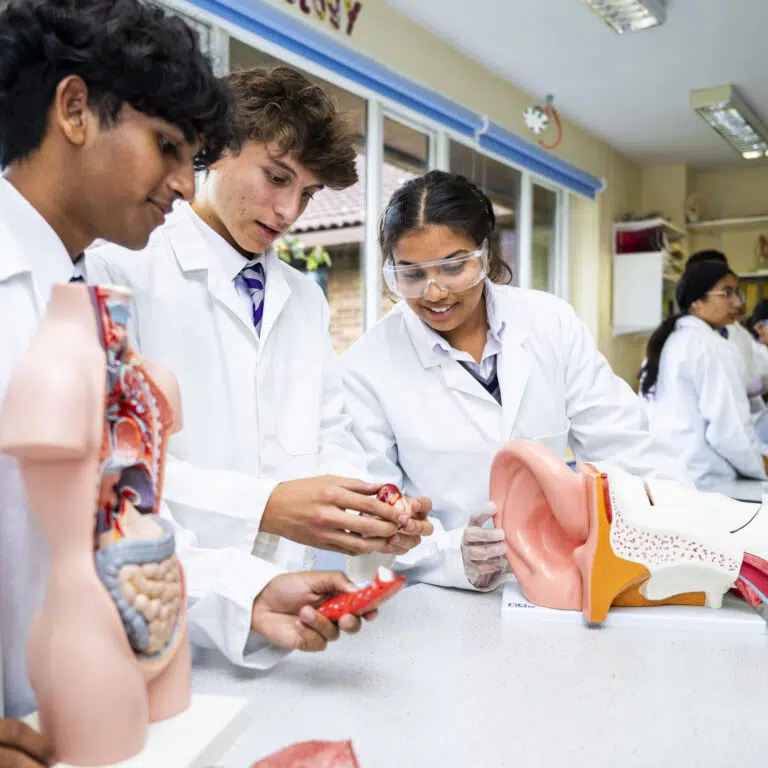News & Blog
Mid‑Year Admissions at Webber Independent School
Here at the Webber, we know that every child’s educational journey is unique – and sometimes the timing of a fresh start matters just as much as the destination. For…
A Proven Path to Success: Why The Webber Is Filling Up Faster Than Ever
Choosing a school is one of the biggest decisions a parent makes. Here at The Webber, families find a warm, ambitious and tightly-knit community that delivers measurable results – and…
Why Choosing an Independent School is an Investment in Your Child’s Future
Choosing the right school for your child is one of the most important decisions you will ever make. As educators and parents ourselves, we understand that you want more than…
The Case for Early Entry: Why Year 6 (Before Year 7) and Pre-Prep (Before Reception) Matter
“There is no such thing as too soon when it comes to belonging.” When a child steps into The Webber’s world before the traditional “transition” point, they do more than…
Why Parents Are Racing to Secure Nursery Places — And How Little Webber is Rising to the Challenge
There’s a palpable urgency among parents in the UK today: finding high-quality nursery care is becoming more competitive than ever. Recent reporting from the BBC indicates that demand for nursery…
A New Beginning: Supporting Your Child in Their First Days at School
The first week at a new school is a milestone moment for any family. For children, it’s a fresh adventure filled with possibility; for parents, it can stir up pride,…
Celebrating Outstanding GCSE Results and How Webber Helps Students Reach Their Goals
Last week, we celebrated the exceptional GCSE results achieved by our Year 11 students here at the Webber Independent School. These results are a testament to the dedication, hard work…
Celebrating Our Exceptional 2025 GCSE Results and Inspiring Student Success Stories
Laughter, cheers and a few emotional tears filled our corridors this morning, as our Year 11 students reunited to celebrate their GCSE results. This year’s cohort has achieved an outstanding…
The Webber Alumnae Series: with Sam Oram-Jones
As part of our ongoing Alumnae Series, we had the pleasure of catching up with former Webber student Sam Oram-Jones, whose extraordinary journey has taken him from the classrooms of…
From STEM to Shakespeare: A Broad and Balanced Curriculum at Webber Senior School
Here at The Webber Independent School, we believe that a truly successful education is about more than exam results — it’s about discovering passions, building confidence and nurturing well-rounded, future-ready…














